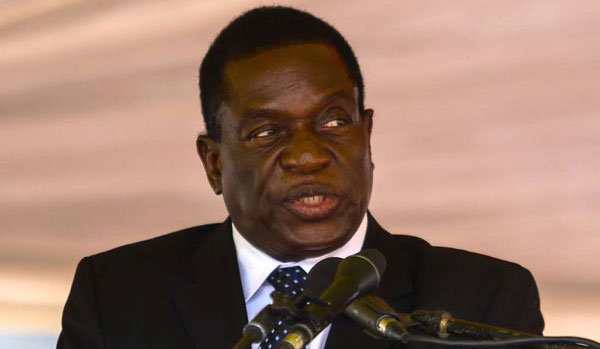International
ILLEGAL MIGRATION: Zimbabwe indifferent over South Africa’s decision to erect border fence

The government of Zimbabwe seems unfazed by the decision of South Africa to erect a fence along the border with its neighbour as part of measures to stem irregular migration and also to contain the possible spread of the new coronavirus disease.
“Some people build durawalls around their houses, fields or properties and some put up fences. This is a choice people make on how to show their boundaries,” Nick Mangwana, spokesman for Zimbabwe’s government, told Al Jazeera on Friday.
“The type of demarcation they choose is their sovereign right. The same applies to international boundaries.”
READ ALSO: CORONAVIRUS: Italy announces 627 more deaths as disease kills Congolese music legend
The planned 40km (25-mile) fence is to be erected on both sides of the Beitbridge Land Port of Entry to “ensure that no undocumented or infected persons cross into the country”, Patricia de Lille, South Africa’s public works minister, said in a statement on Thursday, adding that the move could not be viewed as xenophobic.
“At the border post now, you’ve got health inspectors and you’ve got environmental professionals and they are doing the testing and screening at the border. But if somebody just walks over the border, there are no such facilities,” she said.
According to reports, thousands of Zimbabweans have for years been entering South Africa, the continent’s most industrialised country, via undesignated and other points along the border to escape a deepening economic crisis at home.
Join the conversation
Support Ripples Nigeria, hold up solutions journalism
Balanced, fearless journalism driven by data comes at huge financial costs.
As a media platform, we hold leadership accountable and will not trade the right to press freedom and free speech for a piece of cake.
If you like what we do, and are ready to uphold solutions journalism, kindly donate to the Ripples Nigeria cause.
Your support would help to ensure that citizens and institutions continue to have free access to credible and reliable information for societal development.
























